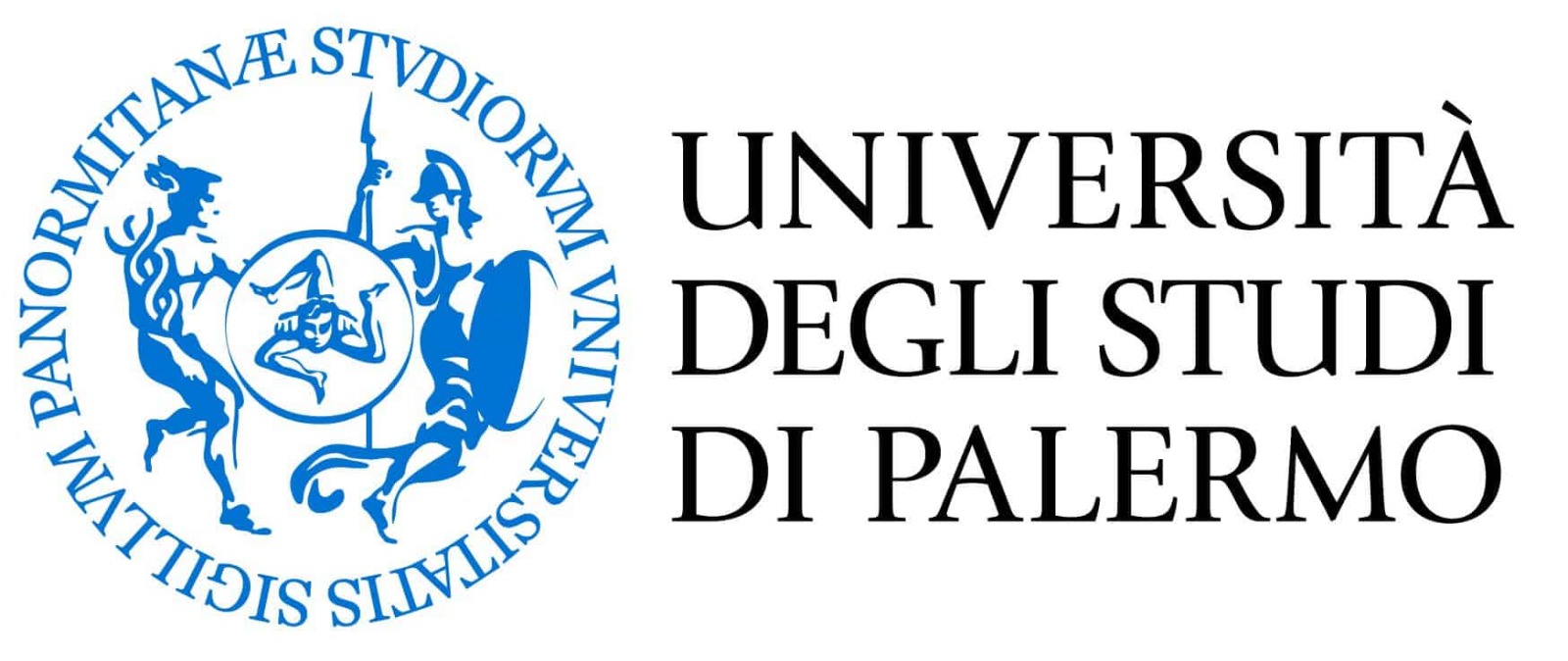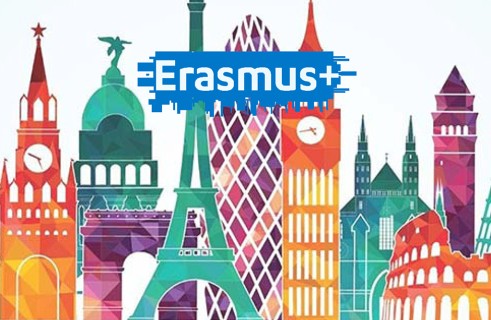
- Accueil
- University of Constantine the Philosopher in Nitra (Slovakia) Strengthens Ties with Hassan II University of Casablanca (Morocco)
University of Constantine the Philosopher in Nitra (Slovakia) Strengthens Ties with Hassan II University of Casablanca (Morocco)
On June 10, 2024, a delegation from the University of Constantine the Philosopher in Nitra, Slovakia, visited Hassan II University of Casablanca in Morocco to strengthen academic collaboration. The delegation, including Vice Rector Prof. Martina Pavlikova and her assistant Prof. Roman Kralik, focused on enhancing exchange programs, joint research projects, and dual degree opportunities.
Their first visit was to the Faculty of Arts and Humanities of Ben M’sik, where they met with Dean Prof. Brahim Fadadi, Vice Deans Prof. Samira Rguibi and Prof. Youssef Sefri, Prof. Tawfik Jaafari, Coordinator of the Master“Moroccan American Studies”, Prof. Abdelaziz Boudlal, Director of the Lab “Moroccan American Studies”, and Prof. Khalid Lahlou, Head of the Department of English Studies. The discussions cantered on creating strong exchange programs for students and faculty, starting joint research projects, and exploring dual degree programs.
Next, the delegation visited the Faculty of Arts Ain Chock, where they had productive talks with Dean Prof. Abdelilah Braksa, Prof. Moulay Sadik Maliki, Professor of English, and Mrs. Khadija Ismir, Head of the International Relations Office. These talks reinforced the focus on collaborative academic ventures and exchange initiatives.
The highlight of the visit was the meeting with Vice President of Hassan II University of Casablanca, Prof. Mustapha Lkhider and Mr. Omar El Ghazi, Head of the International Cooperation Division. The discussion focused on boosting Erasmus+ mobilities under Key Action 171, which supports mobility projects for higher education students and staff. The goal is to increase the number of exchanges between the two universities, fostering greater academic cooperation and cultural exchange.
This visit marks an important step in strengthening the academic ties between the University of Constantine the Philosopher in Nitra and Hassan II University of Casablanca. By enhancing Erasmus+ mobility, both universities aim to create a more connected academic community, benefiting students, faculty, and the broader educational landscape.
Actualités Récentes
Conformément à la loi 09-08, vous disposez d’un droit d’accès, de rectification et d’opposition au traitement de vos données personnelles. Ce traitement a été autorisé par la CNDP sous le n°….
J'ai lu et j'accepte les conditions générales d'utilisation, notamment la mention relative à la protection des données personnelles




